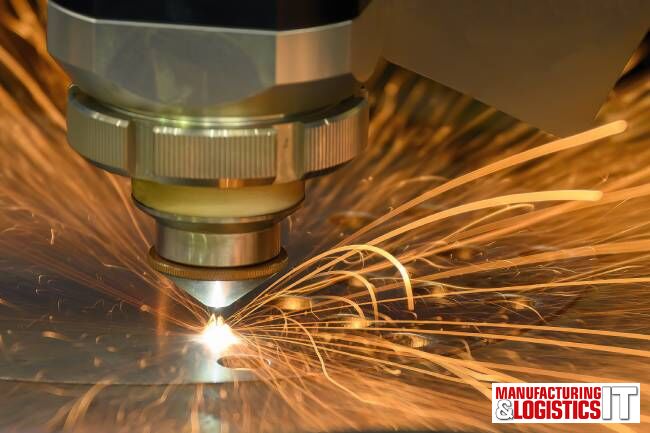Mark Minihane, EY’s UK Advanced Manufacturing and Mobility Tax Leader, comments on support for Advanced Manufacturing announced in the Chancellor’s Autumn Statement:
“The announcement from the Chancellor confirmed funding of £4.5bn for eight manufacturing sub-sectors within the automotive and aerospace industries, starting in 2025/26 and lasting for five years. This is a significant cash injection to help continue driving the development of cutting-edge technology and to support the UK’s transition to net zero.
“The Autumn Statement documents released today claim this funding could support around £2bn of additional business investment per year in UK manufacturing over a 10-year period. There is also the promise of the long-awaited publication of the Advanced Manufacturing Plan and UK Battery Strategy, which will undoubtedly be welcome news across the sector.
“The Government also announced a £960m Green Industries Growth Accelerator (GIGA), which will support investments in manufacturing capabilities for clean energy sectors, as well as three new regional investment zones in the West Midlands, East Midlands and Greater Manchester. Combined, these measures send a clear message of support for the UK’s Advanced Manufacturing sector.
“There are plenty of positives to be taken from the announcements. However, favourable conditions are also being created in competing markets through much bigger support packages – such as the USA’s Inflation Reduction Act and the EU Green Deal. Only time will tell as to whether this latest injection of investment will be enough for the UK to retain its crown as a world leader.”
Tax implications for Advanced Manufacturing and Mobility businesses
James Wright, Tax Director in EY’s Advanced Manufacturing and Mobility team, said:
“The Advanced Manufacturing and Mobility sector continues to call for a consistent and supportive fiscal environment to allow businesses to plan and innovate over long expenditure cycles. The Chancellor had limited wiggle room on tax cuts going into today’s announcement, despite a reduction in inflation figures this week.
“The confirmation that full expensing, which allows a 100% tax deduction on qualifying expenditure, is becoming permanent, will undoubtedly be welcome news – particularly for businesses with long capital expenditure cycles.
“Support was also announced in a bid to bolster Research and Development (R&D), with the merged R&D scheme coming into effect for accounting periods beginning on or after 1 April 2024. This comes with a reduction in the notional tax rate applied to the R&D Expenditure Credit (RDEC) under the merged scheme, meaning an effective post-tax RDEC rate of 16.2%.
“There have also been shifts in what can be claimed, so manufacturing groups will need to consider areas such as subcontracted costs, as well as the fact that it will be possible to claim for subsidised or grant-funded projects. International groups with overseas R&D footprints will also need to consider overseas costs in claims as these will cease to qualify for R&D claims from April 2024. For start and scale-up businesses in the more generous ‘SME R&D-intensive regime’, the intensity threshold will reduce from 40% to 30%, allowing more SMEs to benefit from 14.5% payable credit.
“For employees in the sector, the main rate of Class 1 National Insurance Contributions (NICs) will be cut from 12% to 10% from 6 January 2024, which is a marginal boost to the labour force and spending power. As this is collected via Pay As You Earn (PAYE), businesses will need to bring systems up to date accordingly.”



